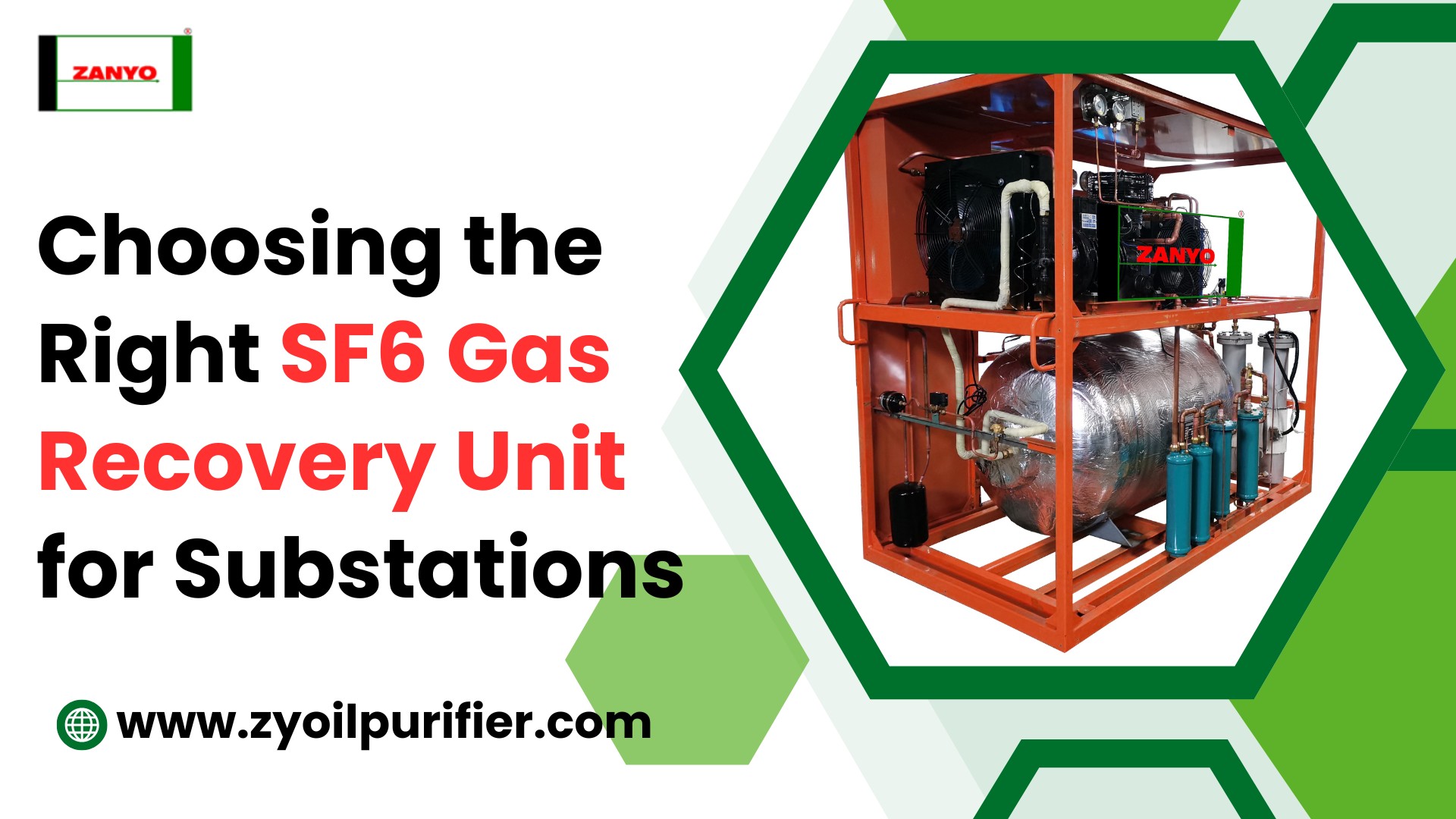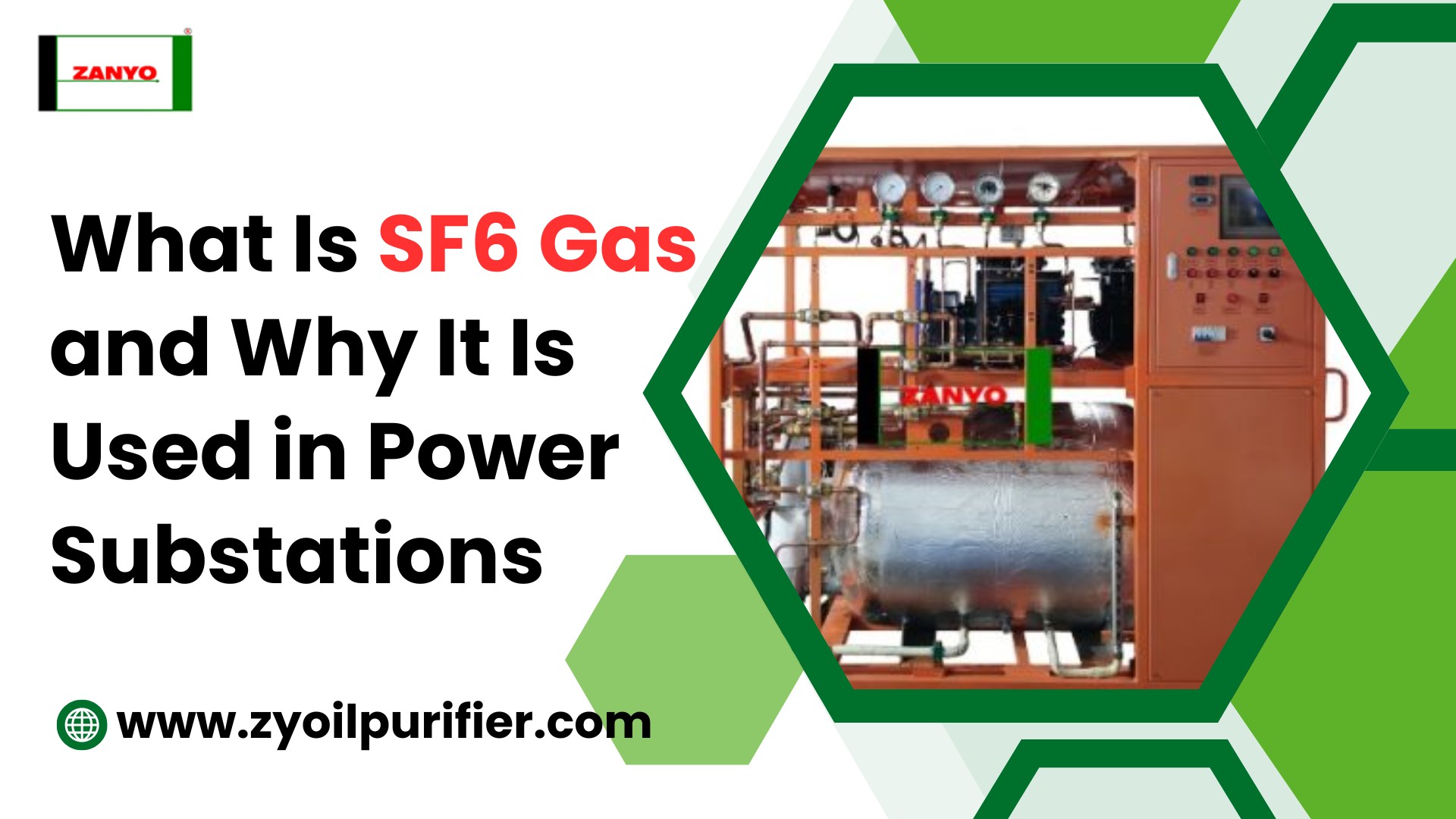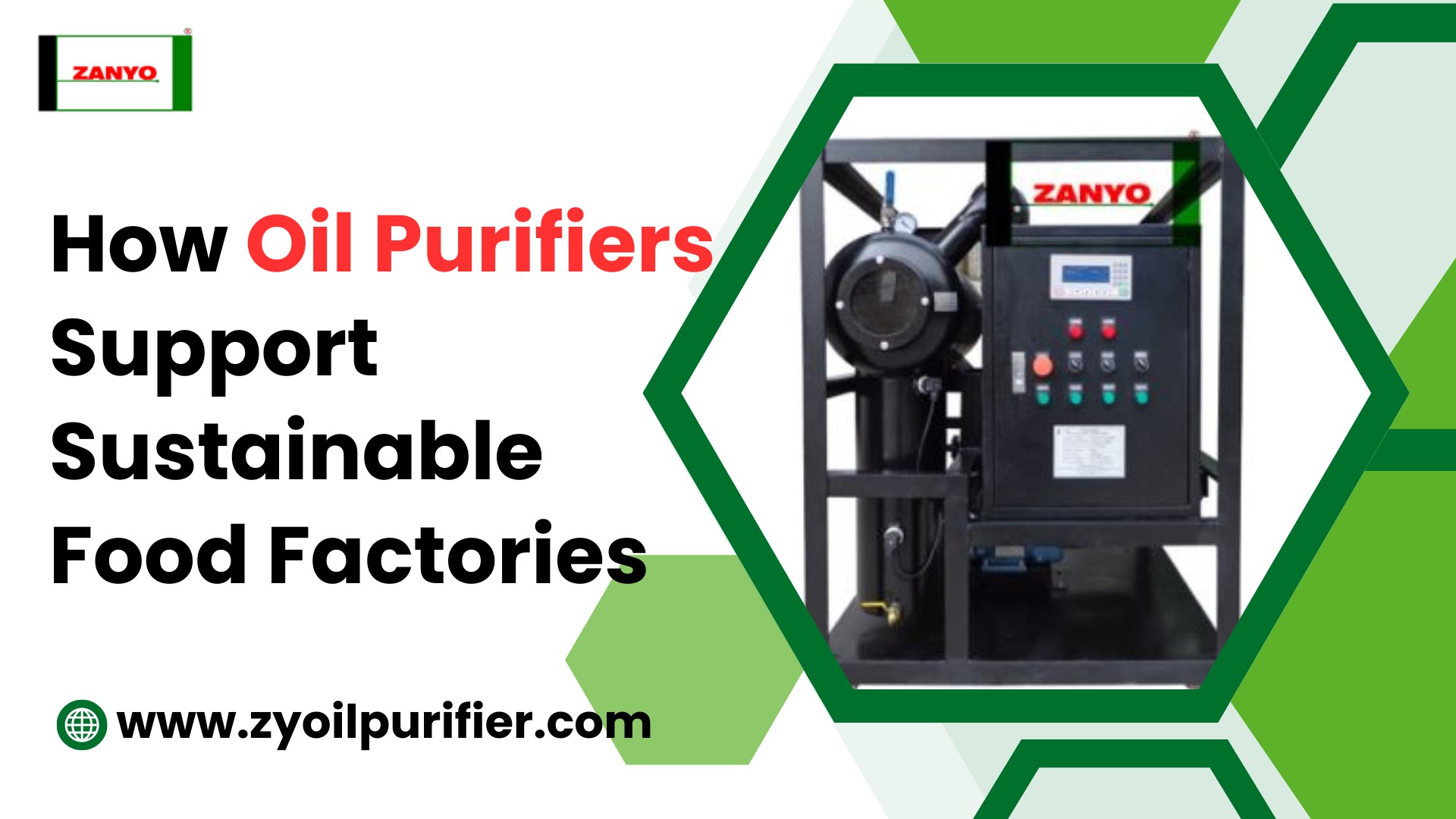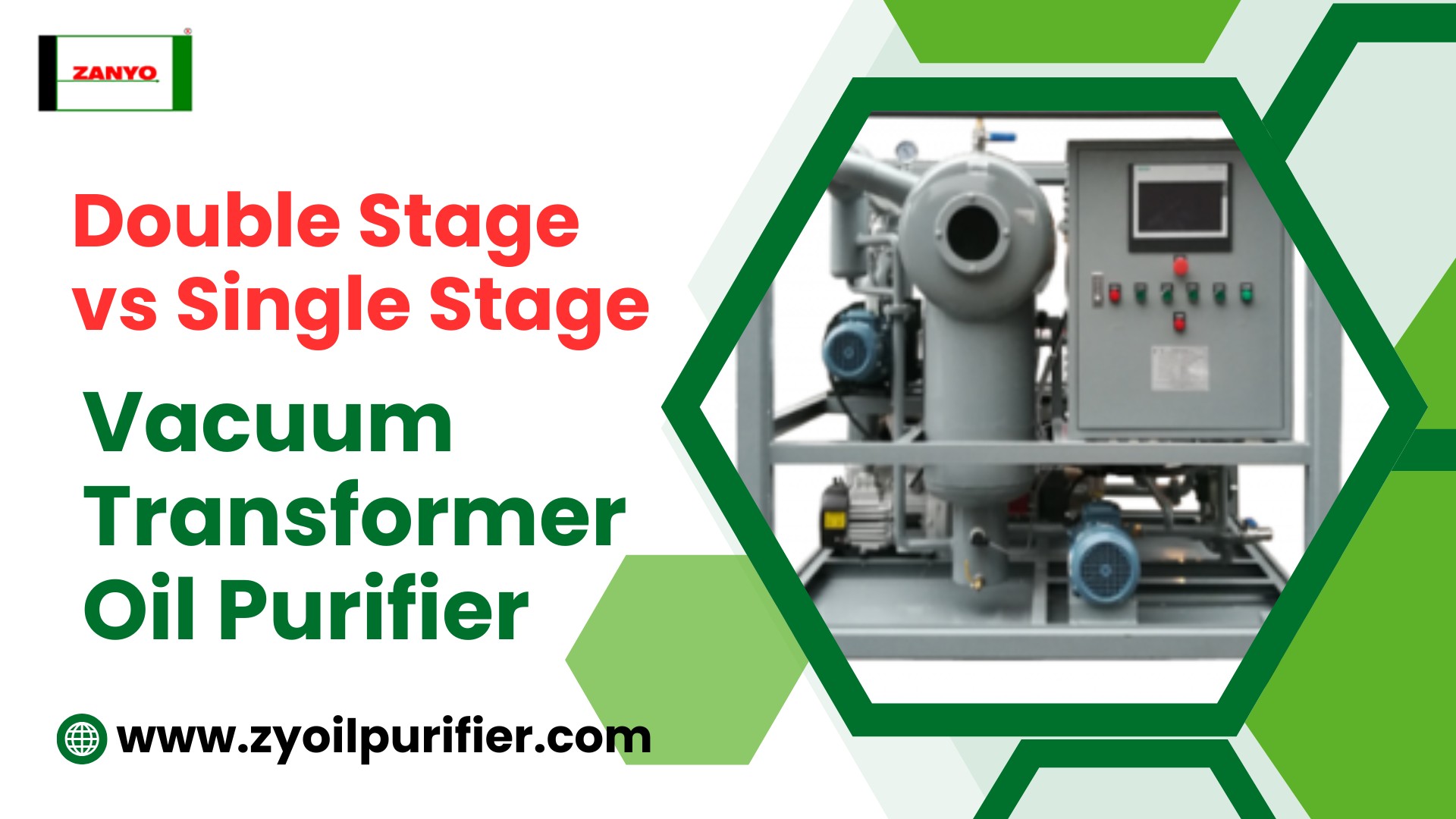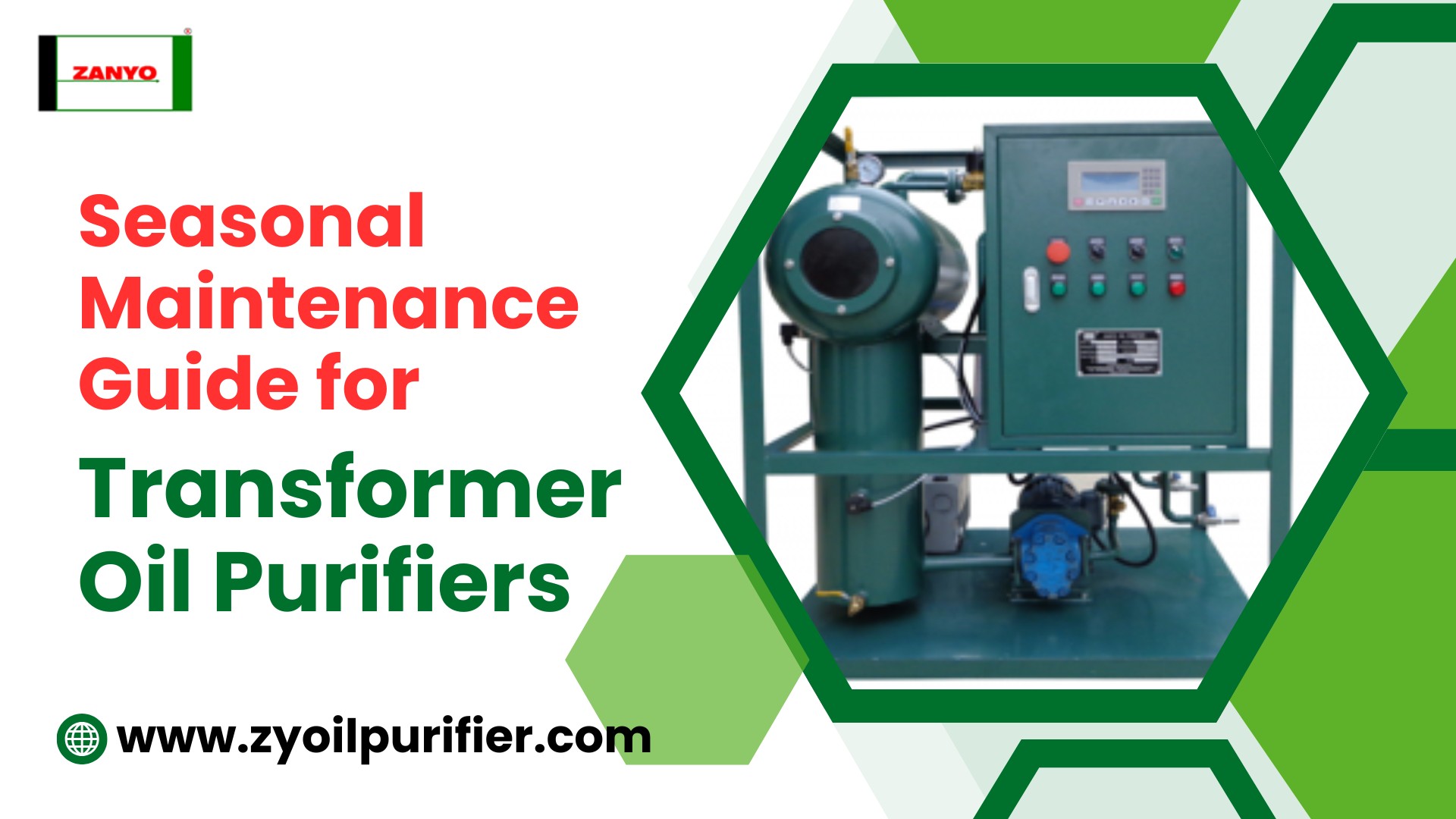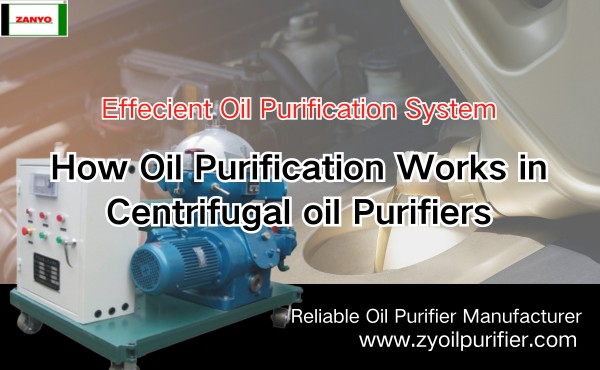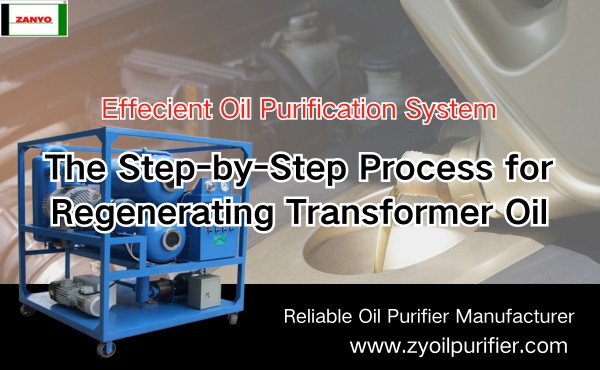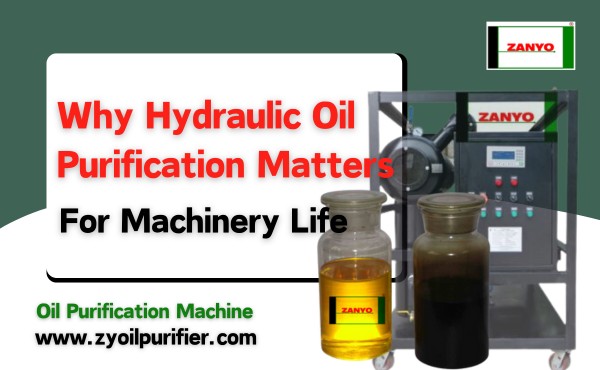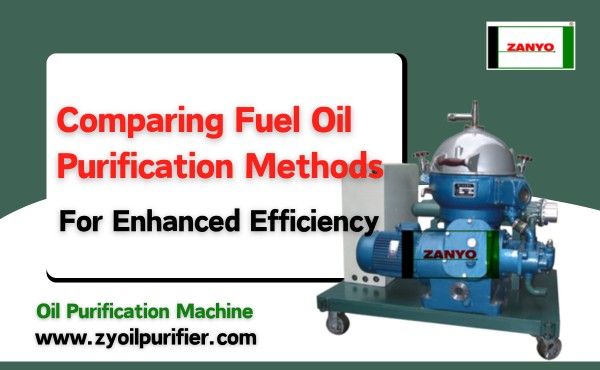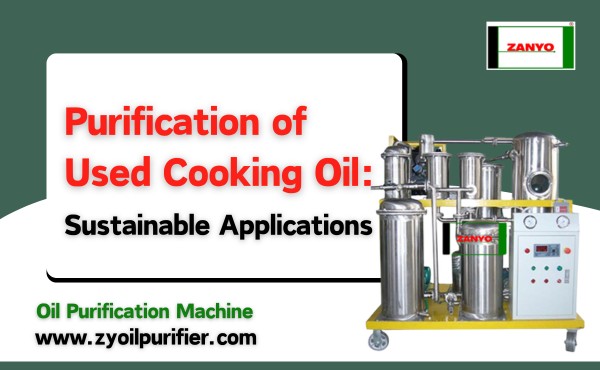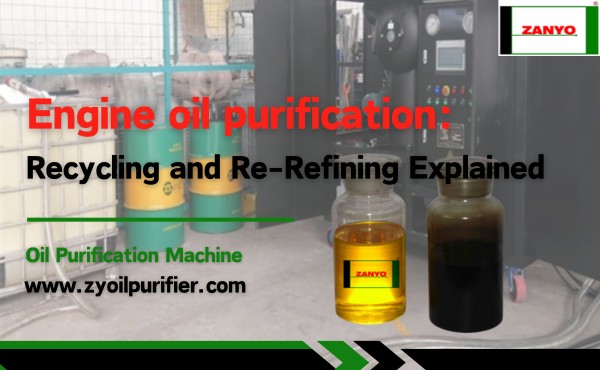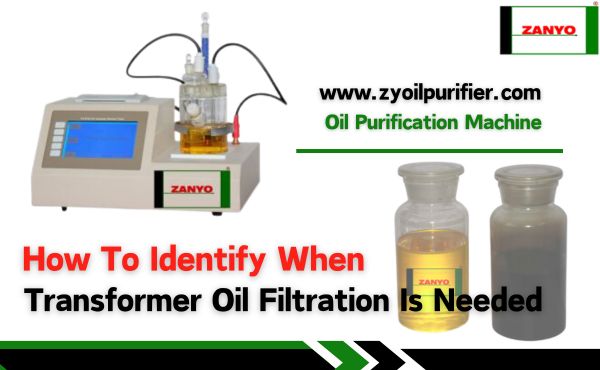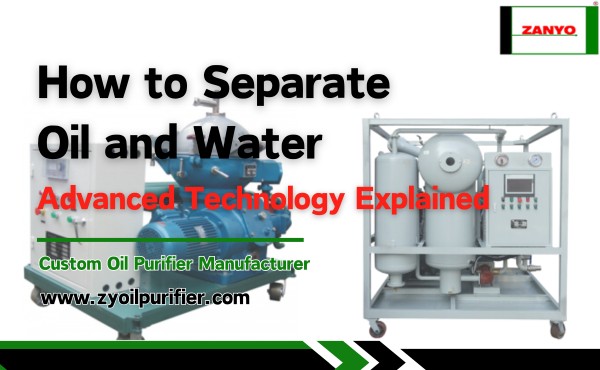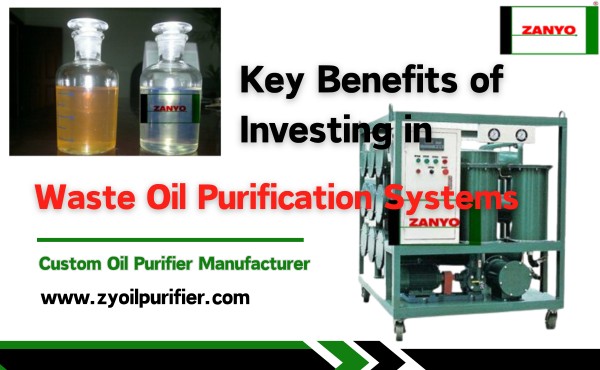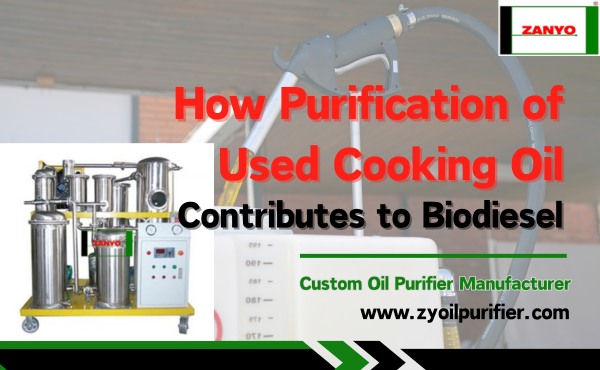Oil purification equipment plays a critical role in maintaining the efficiency of industrial machinery by removing contaminants like water, particles, and sludge from lubricants. But have you ever wondered how much downtime could be reduced by maintaining clean, contaminant-free oil?
You’ll find its impact most evident in industries such as energy, manufacturing, and automotive. For example, steel plants using these systems extend equipment lifespan by up to 40%, reducing costly downtime. Precision and innovation in manufacturing ensure these systems meet the rigorous demands of modern industries.
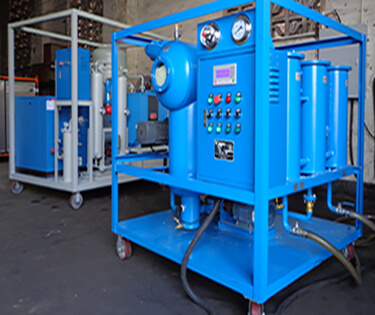
Key Takeaways
- Oil purification machines take out dirt from industrial oils. This helps machines last longer and need fewer repairs.
- Buying good systems makes work smoother, saves energy, and stops sudden breakdowns.
- New tools and materials make oil cleaning better. They also follow eco-rules and help protect the planet.
Overview of Oil Purification Equipment
Definition and Purpose
Oil purification equipment is designed to remove impurities like water, sludge, and particles from industrial oils. By using advanced filtration and separation technologies, they help you extend the lifespan of machinery and reduce maintenance costs.
Whether you work in manufacturing, energy, or automotive industries, this equipment plays a vital role in keeping operations smooth and efficient.
Recent advancements have made oil purification systems more effective and energy-efficient. For example, centrifugal purifiers are gaining popularity due to their ability to remove contaminants quickly and thoroughly.
Key Industries and Applications
Oil purification equipment is essential across various industries. In the energy sector, it ensures that turbines and transformers operate reliably by maintaining clean lubricants and insulating oils. In the automotive industry, they help maintain engine performance and reduce emissions.
The growing demand for high-efficiency systems is driven by stricter environmental regulations and rising energy costs. Industries are adopting advanced purification technologies to meet these challenges. For instance, automation and digitalization are becoming standard features, allowing you to monitor and control purification processes with greater precision. Additionally, the shift toward renewable energy sources, such as biofuels, has created new opportunities for specialized oil purification systems tailored to these applications.
Manufacturing Process of Oil Purification Equipment
Step-by-Step Process
Manufacturing oil purification equipment involves several precise steps to ensure high performance and reliability. First, engineers design the system based on the specific requirements of the industry. This includes determining the type of contaminants to remove and the volume of oil to process. Next, manufacturers source high-quality materials, such as stainless steel and advanced filtration media, to construct durable components.
Once materials are ready, fabrication begins. Skilled technicians assemble the components, including filters, pumps, and control systems, using advanced machinery. After assembly, the equipment undergoes rigorous testing to verify its functionality and efficiency. Finally, the system is packaged and prepared for delivery, ensuring it meets all safety and performance standards.
Technologies and Machinery
Modern technologies play a crucial role in manufacturing oil purification systems. These technologies enhance efficiency and ensure the equipment meets industry demands. Below is a table summarizing key technologies used:
| Technology Type | Description |
|---|---|
| Vacuum Filtration | Extensively used in large-scale food production and manufacturing. |
| Centrifugal Purification | Rapidly removes contaminants without altering oil quality. |
| Activated Carbon Filtration | Reduces harmful substances, enhancing oil longevity. |
These technologies allow you to achieve precise filtration, ensuring the oil remains clean and effective for extended periods. Advanced machinery, such as CNC machines and automated welding systems, ensures consistent quality during production.

Quality Control in Manufacturing
Quality control is essential to ensure oil purification equipment performs reliably. Manufacturers follow strict industry standards and conduct thorough inspections at every stage. The table below highlights key aspects of quality assurance:
| Aspect | Description |
|---|---|
| Evaluation Body | Quality Control-Failure Incident Team (QC-FIT) |
| Focus | Evaluates incidents and concerns related to manufactured equipment and systems in the oil and gas industry |
| Purpose | Identifies gaps in equipment manufacture and performance standards, and recommends improvements for safety and reliability |
| Recommendations | May suggest new industry standards or regulations based on QA/QC performance reliability concerns |
By adhering to these measures, manufacturers ensure the equipment meets safety, efficiency, and durability requirements. This attention to detail guarantees you receive a product that delivers long-term value.
Materials and Components in Oil Purification Equipment
The materials used in oil purification equipment must withstand harsh operating conditions while maintaining durability and efficiency. Here are some commonly used materials:
- 316 Stainless Steel
- 2507 Super Duplex Stainless Steel
- Advanced Polymers
Industry standards like NACE MR0175/ISO 15156 guide material selection. Proper material selection reduces risks like SCC, which can lead to equipment failure.
Functionality of Key Components
Each component in oil purification equipment plays a specific role in ensuring effective operation.
- Filters: These remove solid particles and sludge from the oil.
- Pumps: Pumps circulate oil through the system, ensuring consistent flow and efficient purification.
- Control Systems: These systems monitor and regulate the purification machine process.
- Vacuum Chambers: These components remove water and gases from the oil, enhancing its quality and reducing wear on machinery.
By combining durable materials with well-designed components, oil purification equipment delivers reliable performance in demanding industrial environments.
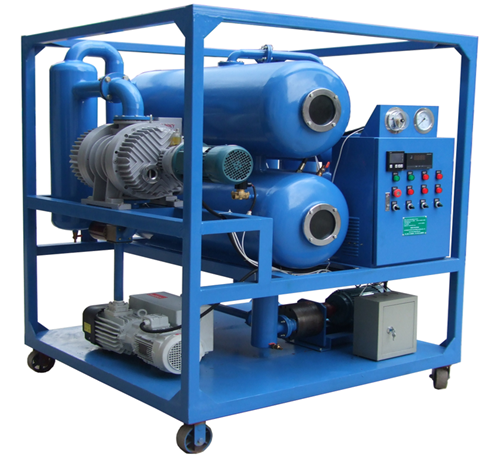
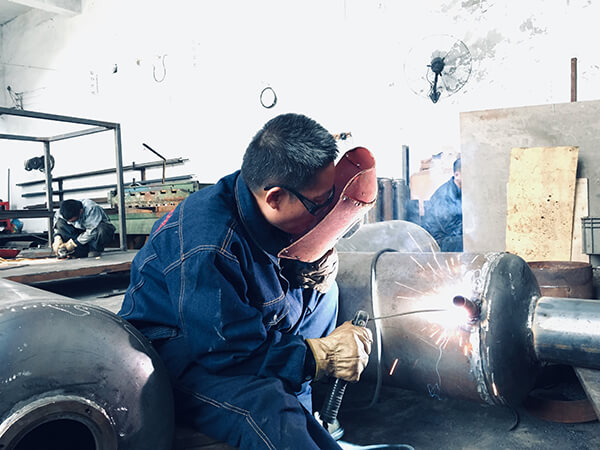
Challenges and Solutions in Manufacturing
Manufacturing oil purification equipment comes with its own set of challenges. One major issue is sourcing high-quality materials that meet industry standards. Corrosion-resistant metals and advanced polymers are essential, but they can be expensive and difficult to procure. Another challenge is maintaining precision during the production process.
Innovations and Solutions
To overcome these challenges, manufacturers have adopted innovative solutions. Advanced automation technologies, such as robotic assembly lines, help you achieve greater precision and consistency. These systems reduce human error and improve production efficiency.
Digital tools like simulation software allow you to test designs before production. This minimizes errors and ensures the equipment meets performance standards. By embracing these innovations, you can address challenges and produce reliable oil purification equipment.
Parner With ZANYO for High-Quality Oil Purification Equipment
Investing in high-quality oil purification equipment significantly improves operational efficiency while reducing costs. By maintaining optimal fluid cleanliness, you can lower energy consumption and extend the lifespan of your machinery.
Here’s a quick overview of the benefits:
| Benefit | Description |
|---|---|
| Energy Consumption Reduction | Proper filtration reduces energy consumption by maintaining optimal fluid cleanliness. |
| Equipment Lifespan Extension | High-quality filters prevent wear and thermal degradation, extending the life of machinery. |
| Downtime Minimization | Effective filtration leads to fewer unscheduled outages, enhancing overall operational efficiency. |
| Economic Savings | Initial investment in filtration is offset by lower lifecycle costs and maintenance savings. |
By choosing reliable systems, you enhance productivity and support sustainable practices.
Enhance your operations with Zanyo‘s reliable, efficient oil purification systems designed for optimal performance. Contact us today to discuss customized options!
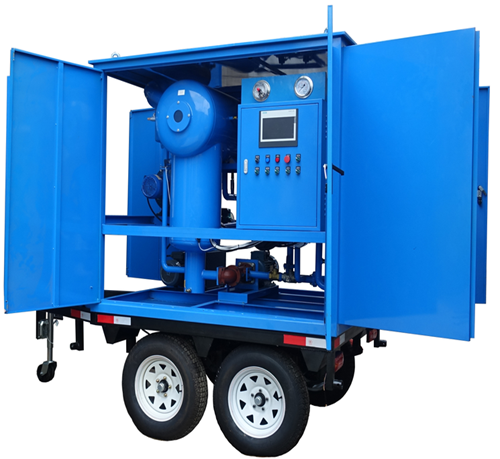
FAQ
What is the lifespan of oil purification equipment?
The lifespan depends on usage and maintenance. With proper care, you can expect most systems to last 10–15 years or more.
How often should you replace filters in oil purification systems?
You should replace filters based on the manufacturer’s recommendations, typically every 6–12 months, depending on operating conditions and oil contamination levels.
Can oil purification equipment handle multiple types of oil?
Yes, many systems are versatile. You can use them for various oils, including hydraulic, transformer, and lubricating oils, with proper configuration.

